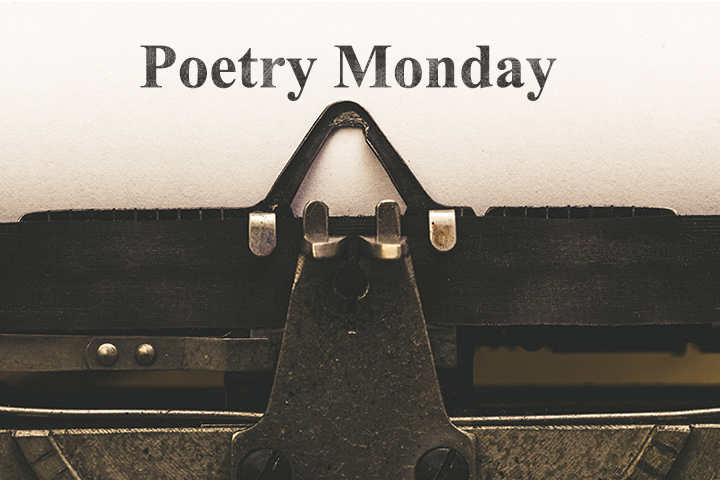The Peace Of Wild Things, by Wendell Berry
When despair for the world grows in me
and I wake in the night at the least sound
in fear of what my life and my children’s lives may be,
I go and lie down where the wood drake
rests in his beauty on the water, and the great heron feeds.
I come into the peace of wild things
who do not tax their lives with forethought
of grief. I come into the presence of still water.
And I feel above me the day-blind stars
waiting with their light. For a time
I rest in the grace of the world, and am free.
I’ve loved this poem for many years. It holds a space for two things that (to me), can either compete for relevance, or complement one another: the natural world, and the spirituality I am drawn to.
Throughout childhood, nature was a refuge and a place of wide possibility and hope for me. And I found a personal spirituality there, that gave me comfort, and provided the connection I needed. As a parent, I want to transmit to my children this combination of nature and spirituality. I can’t protect them from all of life’s storms. But I can share what has helped me, and be intentional in my legacy to them.
I want this for you, too. We are in one of life’s storms now — unlike anything we’ve witnessed before. As we find ourselves in darkness and fear, as our despair for our world grows right now, I want this for you: To find peace, to find relief from the heartbreak happening around us. For a short time, but as often as possible. Peace on repeat.
Twice last week, I walked at Sweetwater Wetlands Park. (It’s still open — probably due to its wide paths that allow for plenty of distance). I’ll be back again this week, and will return as often and for as long as possible.
Sandhill cranes. Egrets. Blue Herons. White Herons. Limpkins. Coots. Gallinules. Red winged blackbirds. Baby alligators with their mother. The sunrise.
Peace.
For a moment, peace.
In the present moment, peace.
All we really have is the present moment. In fact, without our ability to imagine the ‘what if’s’ of the future, or to regret the past, anxiety ceases to exist. But really staying IN the present? Our brains have trouble staying there.
A deep, immersive, sensory experience can help. So go to nature. Go into the peace of wild things, to help you be, for a time, in the present moment. Observe the water, the birds, the weather, the animals, and notice the absence of anxiety and fear.
It is a truth that world religions and philosophies recognize, but (to me) Buddhism speaks most clearly about: there is pain in the world, and no one escapes this. But there are paths, practices, beliefs that offer freedom, comfort and relief, and can be accessed now, in the present, no matter what happens. If only for a moment.
Our lives are made up of moments, strung together. So make some of those moments rest in the present moment.
Rehearsing for suffering does not prevent suffering (unfortunately…we’d skip a lot of pain if that were the case! And I’d be a black belt in it). But taking a break from suffering — by engaging deeply in the present — that reduces suffering and pain.
Find your moments of freedom, your ways of engaging deeply with the present moment. Poetry can help. Nature can help. Connection helps.
Personally, I highly recommend walking in nature — and paying close attention to it.
Be well. Wash your hands. Stay connected.
See you Wednesday–
Lisa



